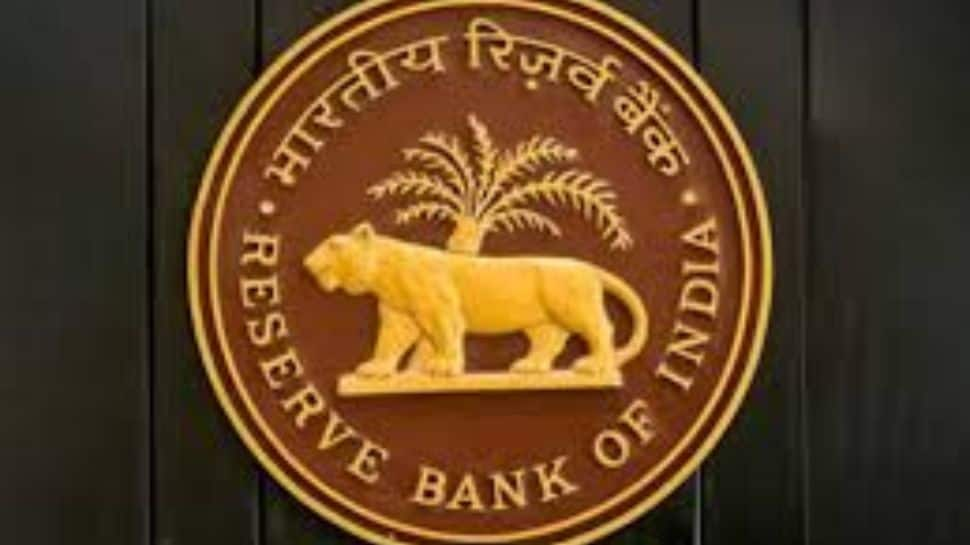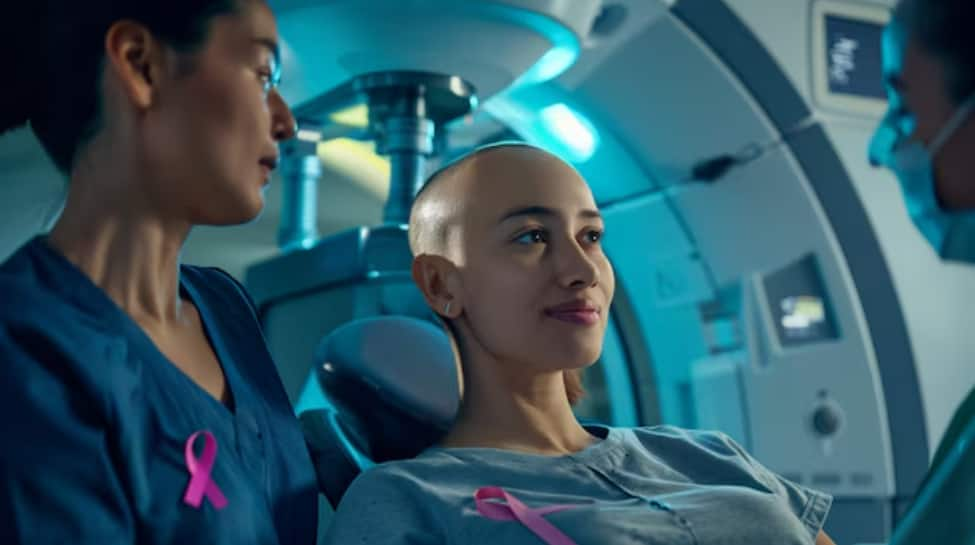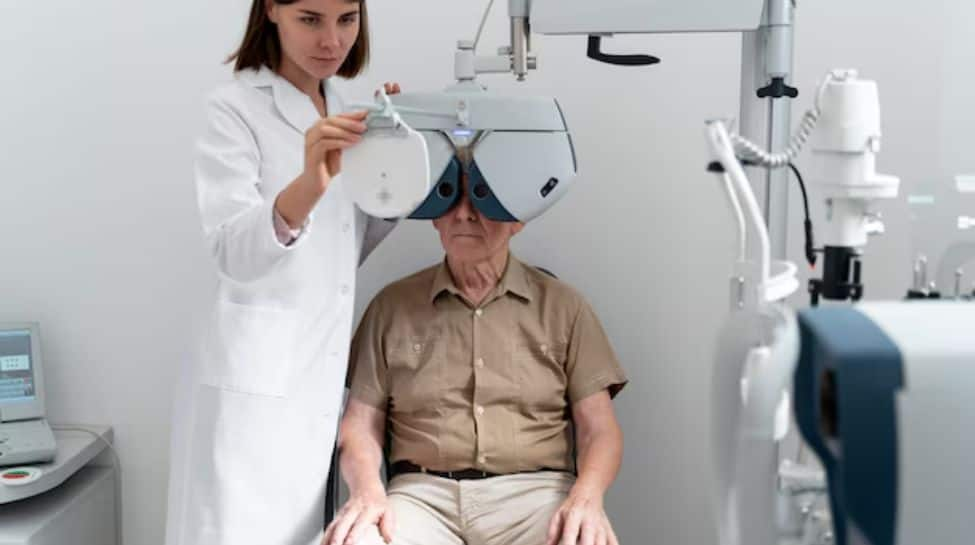Angioplasty is a medical procedure used to treat narrowed or blocked blood vessels, typically coronary arteries supplying the heart. During the procedure, a catheter with a deflated balloon is inserted into the affected artery, then inflated to widen the vessel and improve blood flow. Often performed to address atherosclerosis and reduce the risk of heart attacks, angioplasty may involve the placement of a stent, a small mesh tube, to help keep the artery open. This minimally invasive intervention can alleviate symptoms of angina and enhance blood circulation, promoting cardiovascular health without the need for open-heart surgery.
Shreyas Talpade is only 47 years old and a visibly healthy individual. Fans and followers of the actor have expressed shock over his health condition.”As a cardiologist, I often encounter cases that challenge common perceptions about heart health. The recent incident involving Shreyas Talpade, a seemingly healthy individual at the age of 47, who suffered a heart attack, brings to light the often misunderstood reality of cardiovascular health in younger adults,” says Dr. Ajay Kaul, Chairman – Cardiac Sciences, Fortis Hospital, Noida.
“One of the biggest misconceptions is that heart attacks only afflict older individuals or those with identifiable risk factors. However, age doesn’t provide immunity from heart issues. While lifestyle choices and genetics play a crucial role in heart health, there are several lesser-known factors that contribute to early heart attacks,” says Dr. Kaul and shares the common risk factors of this life-threatening health condition.
- Familial predisposition: Genetics can significantly influence the likelihood of experiencing heart problems at a younger age. If there’s a family history of premature heart disease, individuals should be particularly vigilant about their heart health.
- Underlying conditions: Certain medical conditions, such as diabetes, high blood pressure, and high cholesterol, can silently contribute to heart disease progression. Even seemingly controlled conditions can escalate and trigger cardiac events if not managed vigilantly.
- Stress and lifestyle: Intense stress, poor dietary habits, lack of physical activity, and smoking are well-known factors that can accelerate heart issues, even in younger individuals. Stress management and adopting a heart-healthy lifestyle are crucial preventive measures.
- Ignored symptoms: Symptoms of heart problems might manifest differently in younger individuals, often leading to ignorance or misinterpretation. Subtle signs like chest discomfort, shortness of breath, fatigue, or unexplained pain should never be overlooked.
Cause of the rising incidence of breast cancer
For those who experience a heart attack at an early age, it’s essential to understand that it’s not a verdict but a wake-up call, warns Dr. Kaul and advises the following:
- Seek ongoing medical support: After a heart attack, a comprehensive evaluation by a cardiologist is crucial to understand individual risk factors and tailor a treatment plan.
- Embrace lifestyle changes: Adopting a heart-healthy lifestyle, including a balanced diet, regular exercise, stress management, and quitting smoking, significantly reduces the risk of future cardiac events.
- Medication adherence: Compliance with prescribed medications is vital in preventing recurrent heart issues. These medications help manage conditions like hypertension, cholesterol, and diabetes, minimizing the risk of complications.
- Emotional support: Coping with a heart attack, especially at a younger age, can be emotionally taxing. Seeking support from family, friends, or professional counseling can aid in the recovery process.
“In conclusion, while a heart attack at a young age might seem unexpected, understanding the underlying factors and taking proactive steps towards a healthier lifestyle and ongoing medical care are pivotal in preventing future cardiac events. Remember, it’s never too early to prioritize heart health,” the expert says.















































